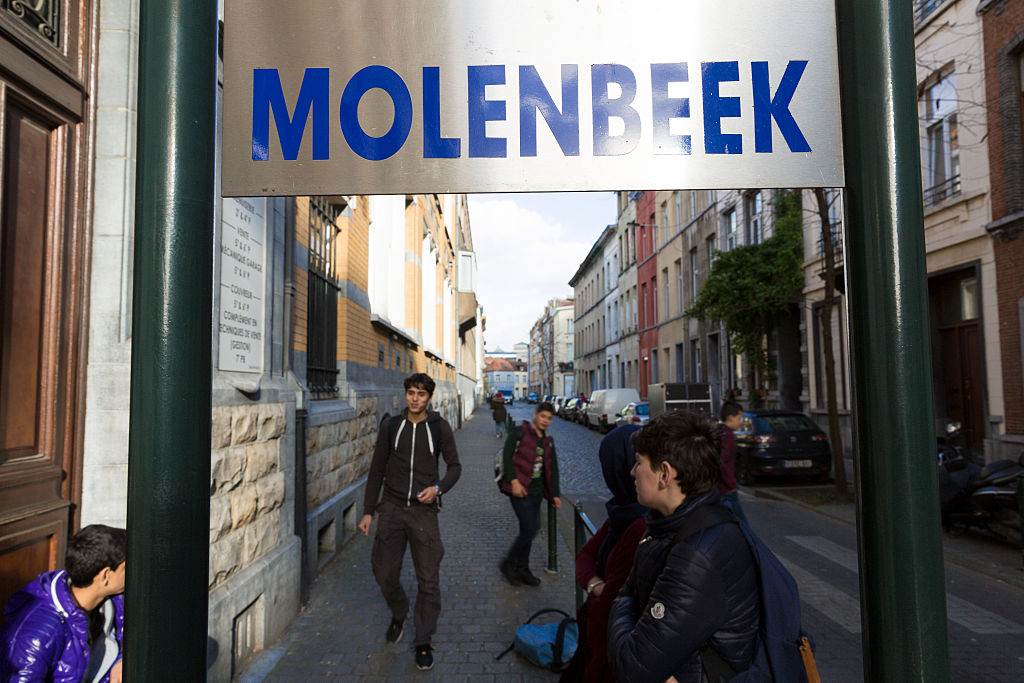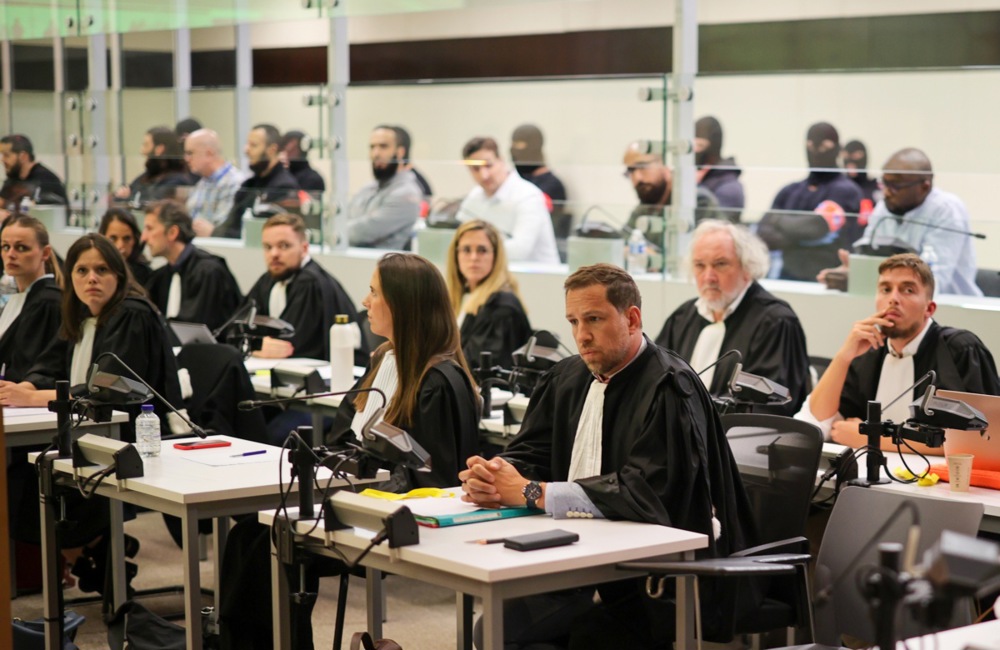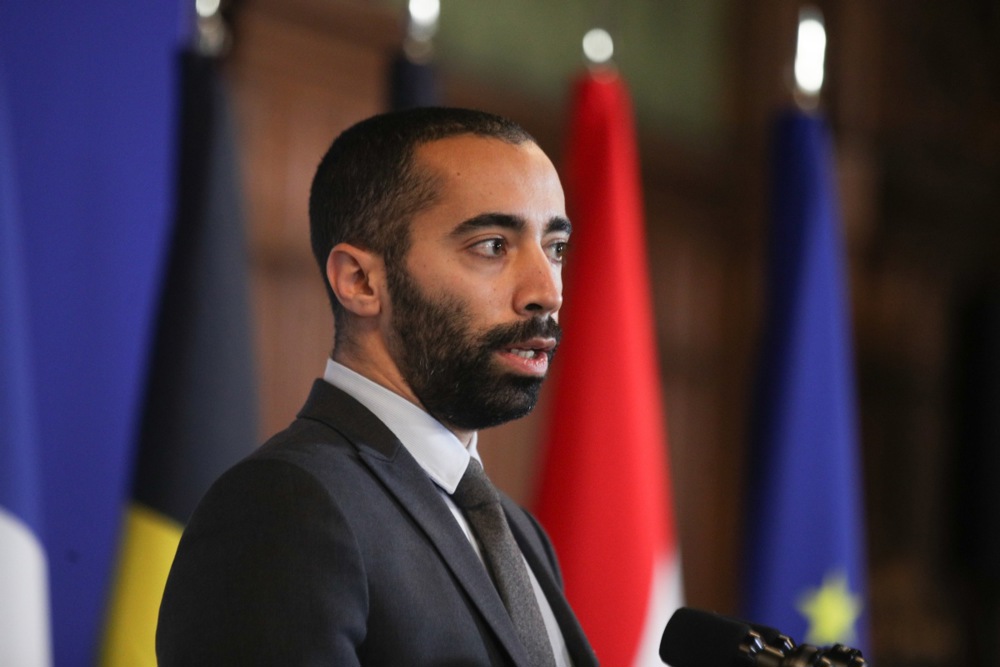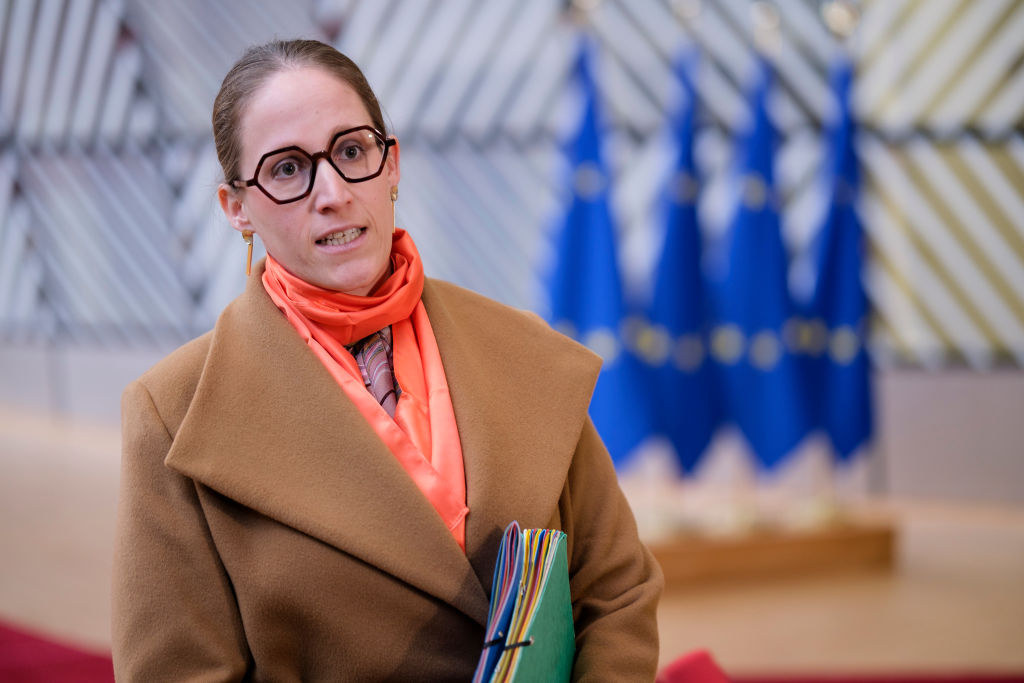Five schools have been set on fire in Belgium amid anger over newly implemented relational, emotional and sex education for children.
In and around the Wallonian city of Charleroi, five schools, including preschools and elementary schools, have been targeted by arsonists, four on the night of September 12 and a fifth the following night.
Graffiti and slogans were scrawled across the walls of the first four schools, such as “No Evras”, referring to the recently approved use of the Education for Relational, Affective and Sexual Life (EVRAS) programme in schools in Brussels and Wallonia.
In the attack on September 13, the fire department found “blaze accelerants”, indicating it was no accident. “The criminal intent has been proven,” the prosecutor’s office told local media. No suspects have yet been identified.
While damage to the schools was relatively limited, the fires have been roundly condemned by national politicians.
“Children of two or three discovered this morning that someone had tried to burn down their school,” Socialist Party president Paul Magnette told TV media.
“People are attacking the freedom of education and our schools. They are using violence. These are acts of pure barbarity.
Des enfants de 2 ou 3 ans ont découvert ce matin qu'on avait voulu brûler leur école. Des gens s'attaquent à la liberté d'enseignement, à nos écoles. Ils recourent à la violence. Ce sont des actes de pure barbarie. pic.twitter.com/gSvZRJJM2s
— Paul Magnette (@PaulMagnette) September 13, 2023
Belgian Prime Minister Alexander De Croo reacted on Instagram, saying: “As a father, I am shocked by the arson in schools in Wallonia.
“Such a thing is totally unacceptable. A school should be a safe place for all children. We will now do everything possible to identify and prosecute the perpetrators.
“The right to sex education cannot be questioned,” he continued. “It ensures the resilience of children and is essential for the sexual health of all.”
The EVRAS programme is designed to instruct students about sexuality, relationships and accompanying emotions. Until now, such lessons were not mandatory and schools were allowed to choose if and how they interpreted it.
For some days now, there has been strong opposition against the programme, largely from angry parents of the Islamic faith. Others have been critical, including Nicolas De Pape, an international medical journalist with Le Journal du Médecin.
Leading Islamic organisations campaigned against the programme and parents protested in front of the regional parliament when the decisive vote on implementing the programme was cast.
They are concerned that EVRAS may “erode” religious freedom and the rights of parents to guide their children’s education in accordance with their own beliefs.
While the protests have been loudly made, the government and media insist that the programme is not as extreme as depicted on social media.
Twelve-year-olds and sixteen-year-olds will receive just two mandatory hours of education through EVRAS per year.
Regarding five-to eight-year-olds, there is mention of “deconstructing gender stereotypes”, with examples such as: “I feel most comfortable in the doll house. Sometimes others make fun,” about a boy in nursery school.
Among other notes, one reads: “She’s a girl, but she always wants to come play soccer. She sticks with us but should play with the other girls”, while another states: “It’s important to accept that everyone can play with all the toys,” with both being examples for use in primary schools.
The document also says: “From a very young age, we observed that certain gender stereotypes were already well-established. Therefore, it is essential to address these concepts, starting in kindergarten.”
For nine to eleven-year-olds, it emphasises “deconstructing stereotypes and prejudices”, with a focus on gender identity and sexual orientation.
“Given the psycho-emotional and sexual development of children, many have a stable gender identity from as young as 4-5 years old,” it reads.
“As they grow, they become aware of societal gender expectations and stereotypes. The construction of sexual orientation also begins early, particularly from the first attachments, based on the relationships one has with peers and parental figures.
“Yet, these concepts are rarely discussed in primary school. Therefore, we recommend addressing the concept of sexual orientation or romantic and/or sexual attraction from a very young age.”
The programme also encourages an end to “numerous prejudices surrounding abortion” and says the current debate around reproduction is “often hetero-centric”.
It goes on: “However, it is crucial to discuss different forms of parenthood and the possible avenues, beyond adoption, which is the most well-known. These include assisted reproductive technologies, surrogacy, artificial insemination with a donor, etc.
“Therefore, an inclusive approach is adopted, and each student has equal access to information regarding their potential to become a parent.”





